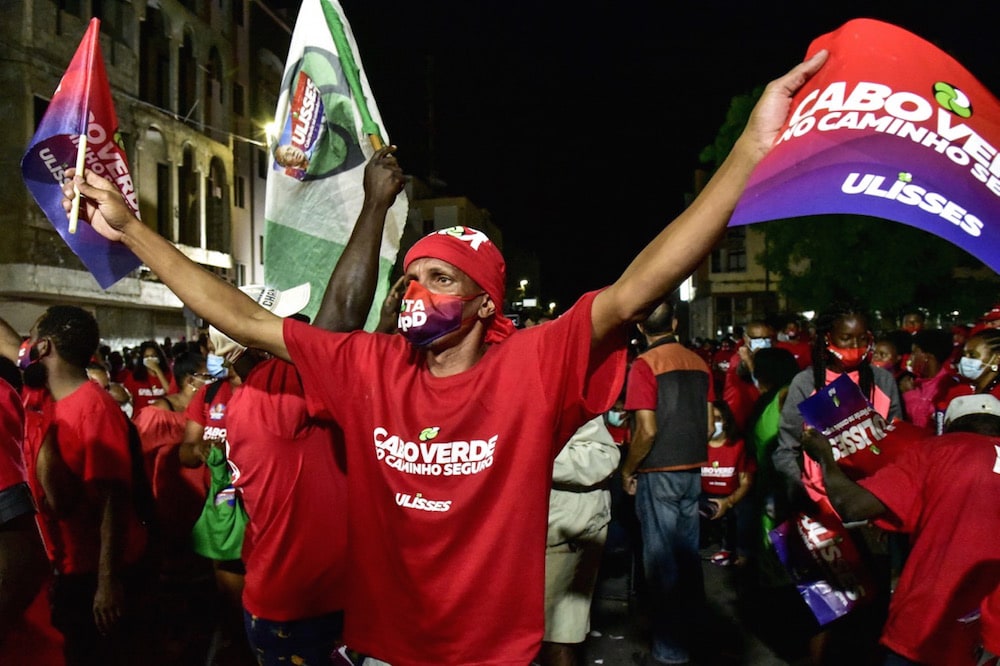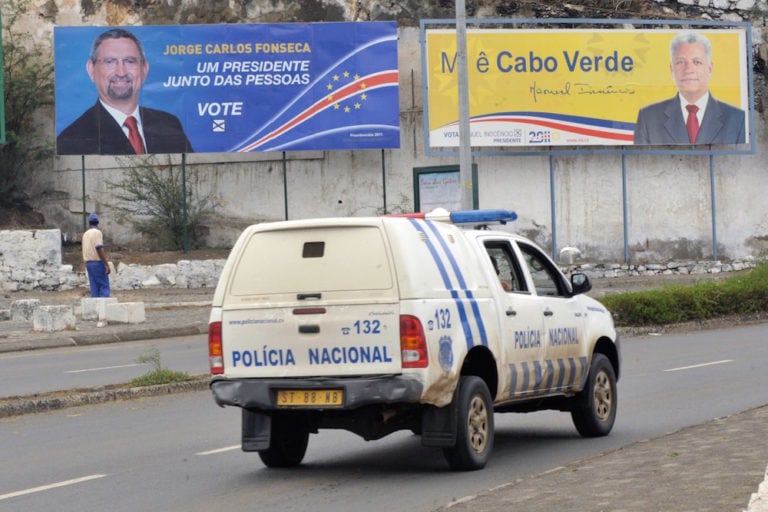Journalist Hermínio Silves denies all allegations against him and vows to protect his sources despite being summoned 3 times by Cape Verde authorities.
This statement was originally published on cpj.org on 21 January 2022.
Cape Verdean authorities must drop their investigation into journalist Hermínio Silves and should not compel journalists to disclose confidential information about their sources or criminalize the disclosure of information in the public interest, the Committee to Protect Journalists said today.
Since early January, the attorney general’s office in Praia, the capital, has issued three summonses to Silves, editor of the privately owned news website Santiago Magazine, over his reporting on alleged police abuses, according to a report by Santiago Magazine; Silves, who spoke to CPJ in a phone interview; and copies of the summonses, which CPJ reviewed.
The three summonses – sent on January 3, 5, and 12 – concern alleged violations of Cape Verde’s judicial secrecy laws. If convicted of violating judicial secrecy, Silves could face six months to four years in prison under Cape Verde’s penal code.
The journalist is ordered to appear at the Praia attorney general’s office for questioning on January 26.
“Prosecutors in Cape Verde must stop hounding journalist Hermínio Silves and should abandon their fishing expedition into his confidential sources,” said Angela Quintal, CPJ’s Africa program coordinator. “Journalists must be able to report on alleged abuses by officials without fear that they will be subject to legal harassment or see their reporting on issues in the public interest be criminalized.”
On December 26, Silves published a report in Santiago Magazine on an investigation into the potential involvement of the judicial police and Minister of Internal Administration Paulo Rocha in the alleged murder and torture of a criminal suspect in 2014, when Rocha was deputy director of the judicial police.
On December 30, the attorney general’s office published a statement confirming the investigation into the alleged murder, but denied it had summoned Rocha. The statement added, “Santiago Magazine’s report alleges it had access to classified documents” and that authorities therefore “ordered a criminal investigation into the alleged crime of violation of judicial secrecy” and sought to identify the source of those documents.
Rocha’s adviser Carla Almeida emailed CPJ a statement from the minister denying all the allegations against him, and adding that he would defend “my dignity, my good name and public image” with all legal means available.
The January 3 summons names Silves and Santiago Magazine as witnesses in an investigation into violations of the judicial secrecy law; the January 5 summons overrode the previous one, and names them as defendants; and the January 12 summons, which overrode both previous summons, says the journalist is expected to appear and that “the decision whether they [Silves and the outlet] are witnesses or defendants” would be made on the day of his appearance, according to the summonses and Silves’ lawyer, Silvino Fernandes, who spoke to CPJ via phone.
Silves told CPJ that the summonses send “a message to all journalists that some people are off limits.” He said he believed the attorney general’s office was “retreating” after issuing the second summons, because of an outcry among media workers that he had been labeled as a defendant.
He told CPJ that he planned to attend the questioning with his lawyer, but said, “my sources, they won’t get from me.”
When CPJ called the Praia attorney general’s office, a representative requested that questions be sent to the office’s spokesperson, Inelson Costa. Costa replied by referring CPJ to a January 20 statement by the Public Ministry, saying that authorities were investigating a suspected violation of judicial secrecy.
That statements says that, while journalists are not themselves bound by judicial secrecy laws, they can still face other penalties under Article 133 of the criminal procedure code for committing “qualified disobedience” by disclosing confidential judicial information; under the penal code, that could be punished by up to two years in prison or a fine to be set by a judge.
Geremias Furtado, president of the Cape Verdean Journalists Association, a local trade group, told CPJ via messaging app that he considered the investigation to be an attack on media freedom.
On January 13, Cape Verde President José Neves told reporters that everything possible should be done to protect press freedom. He said journalists should not be guilty of a crime if they access and publish confidential information, and the responsibility should lie with whoever managed that information.


